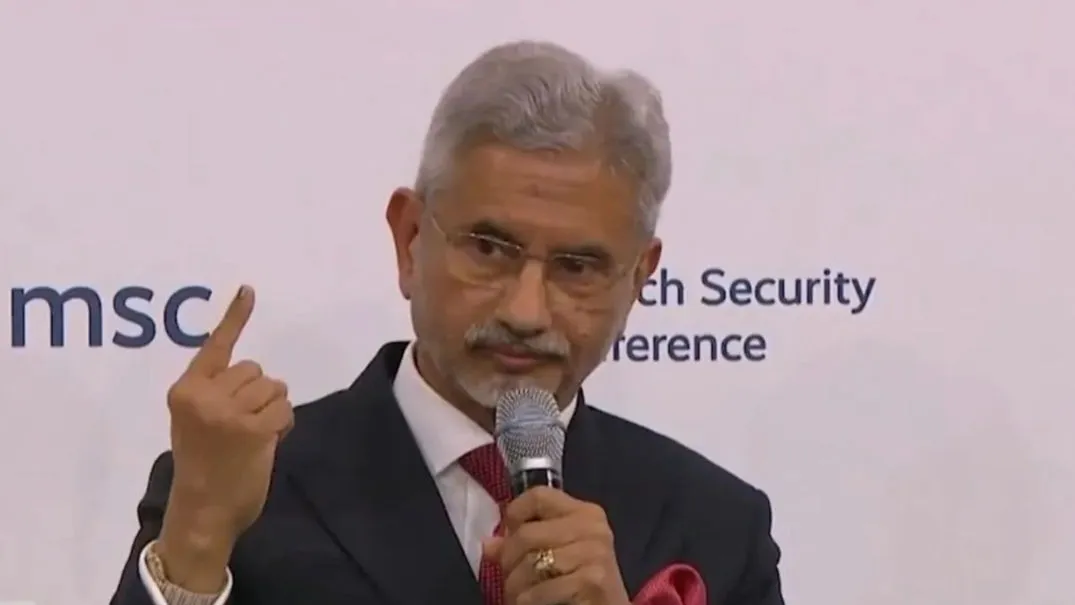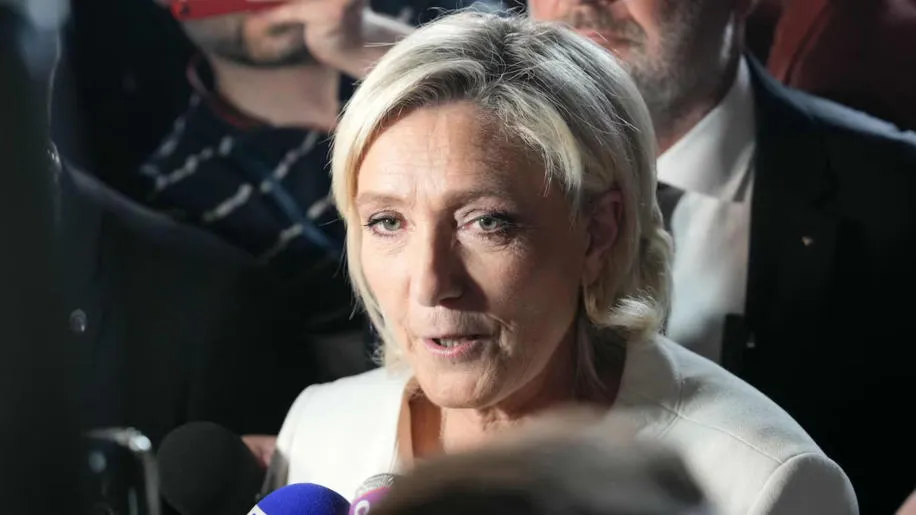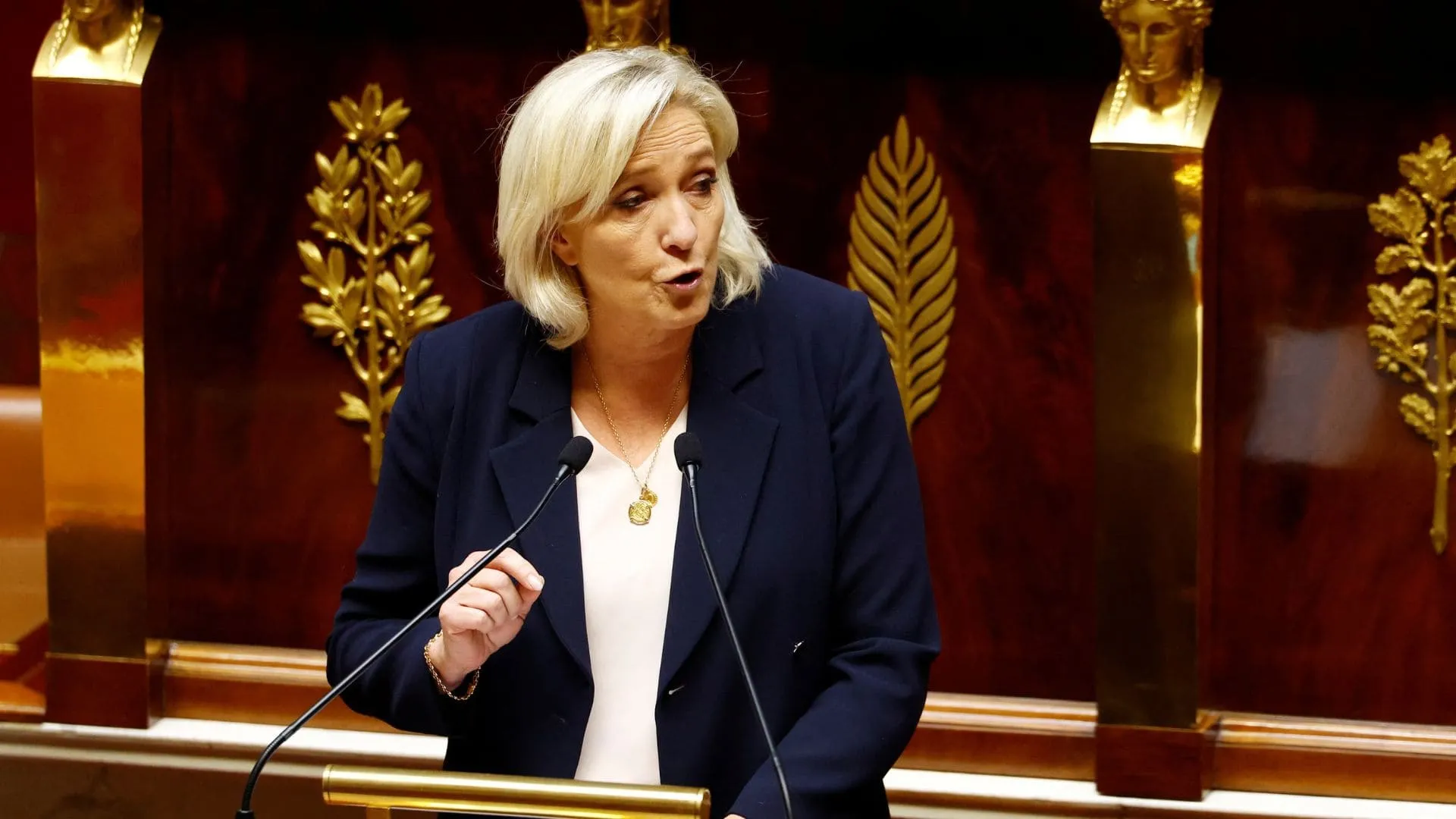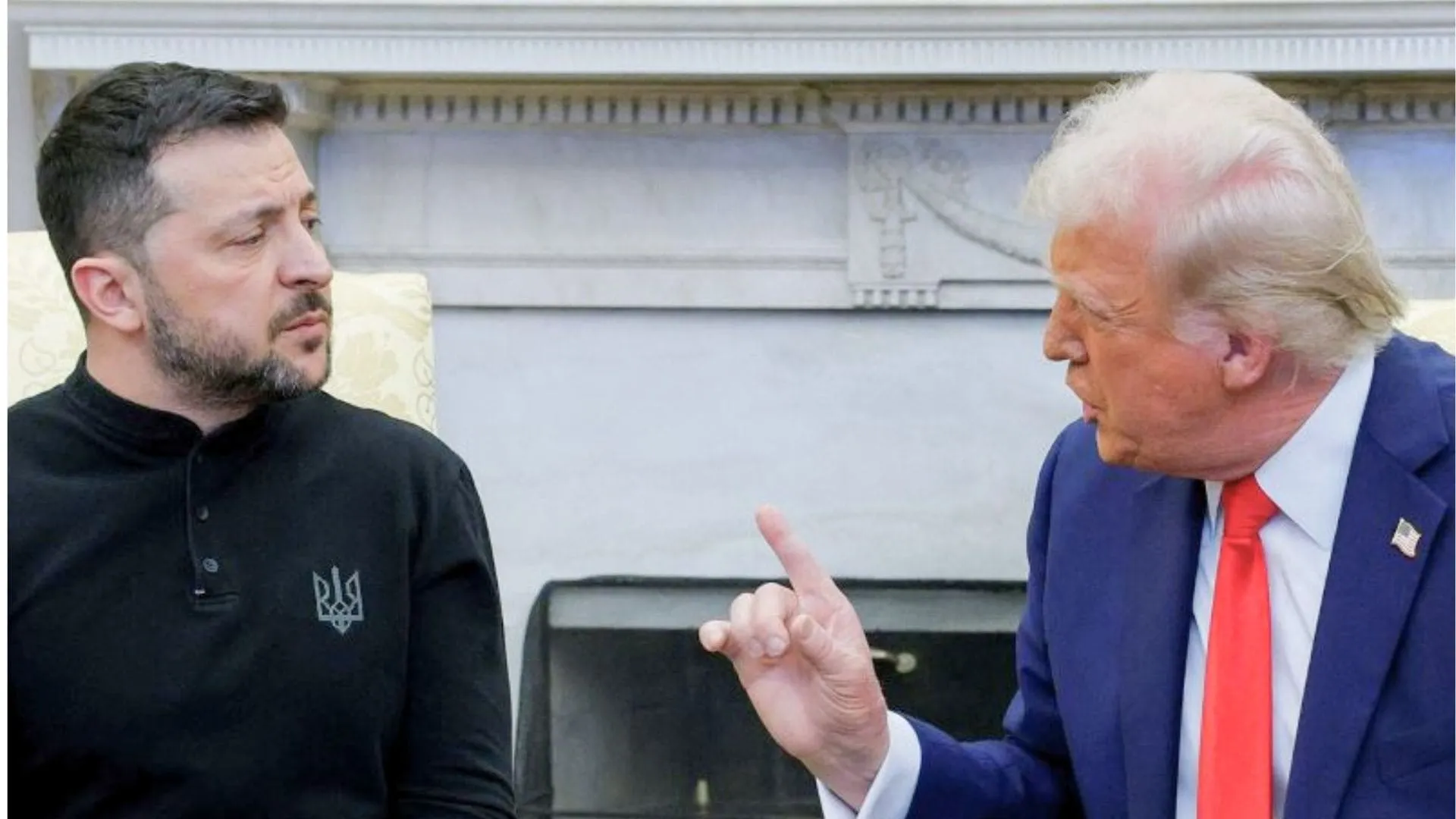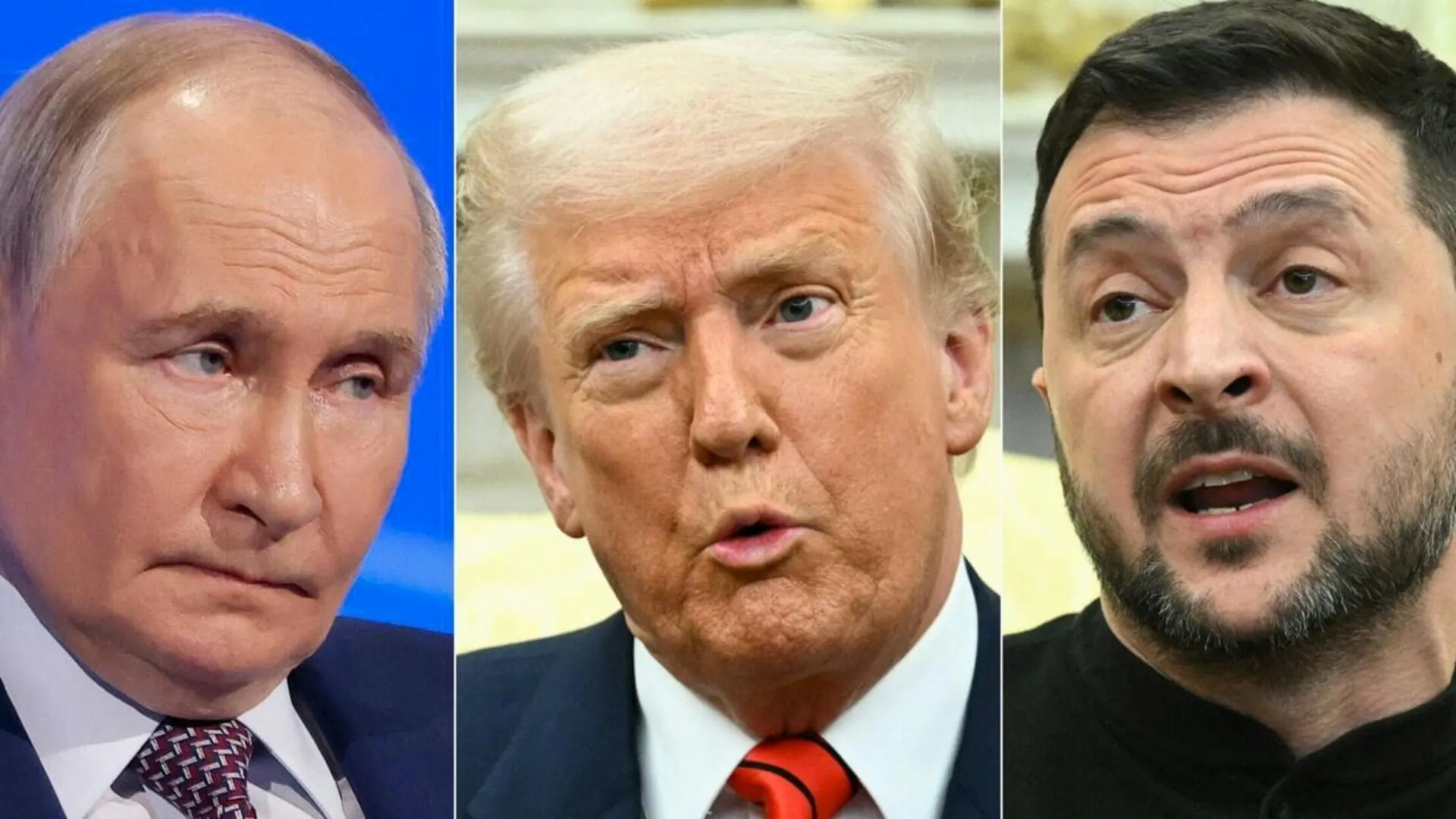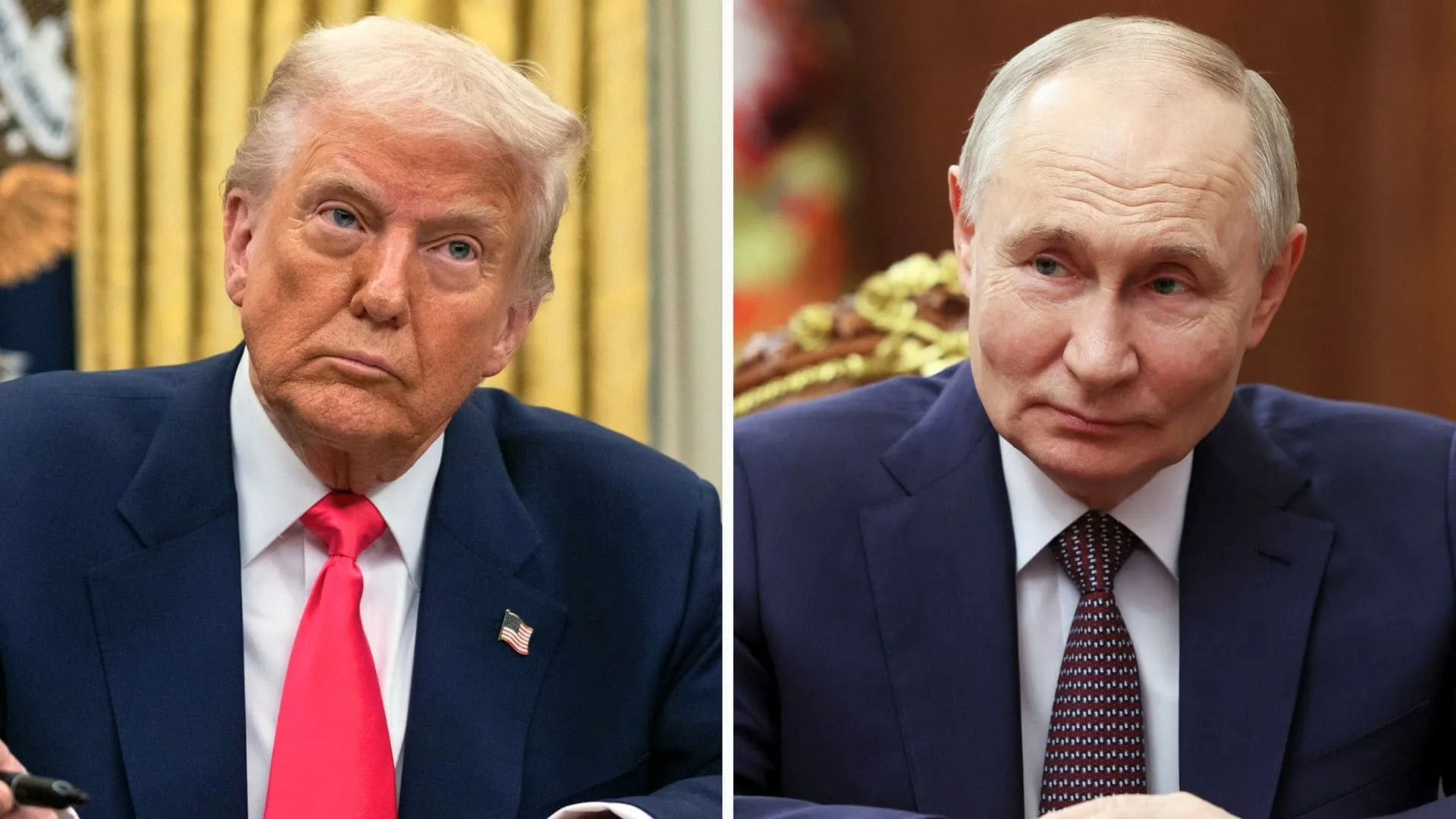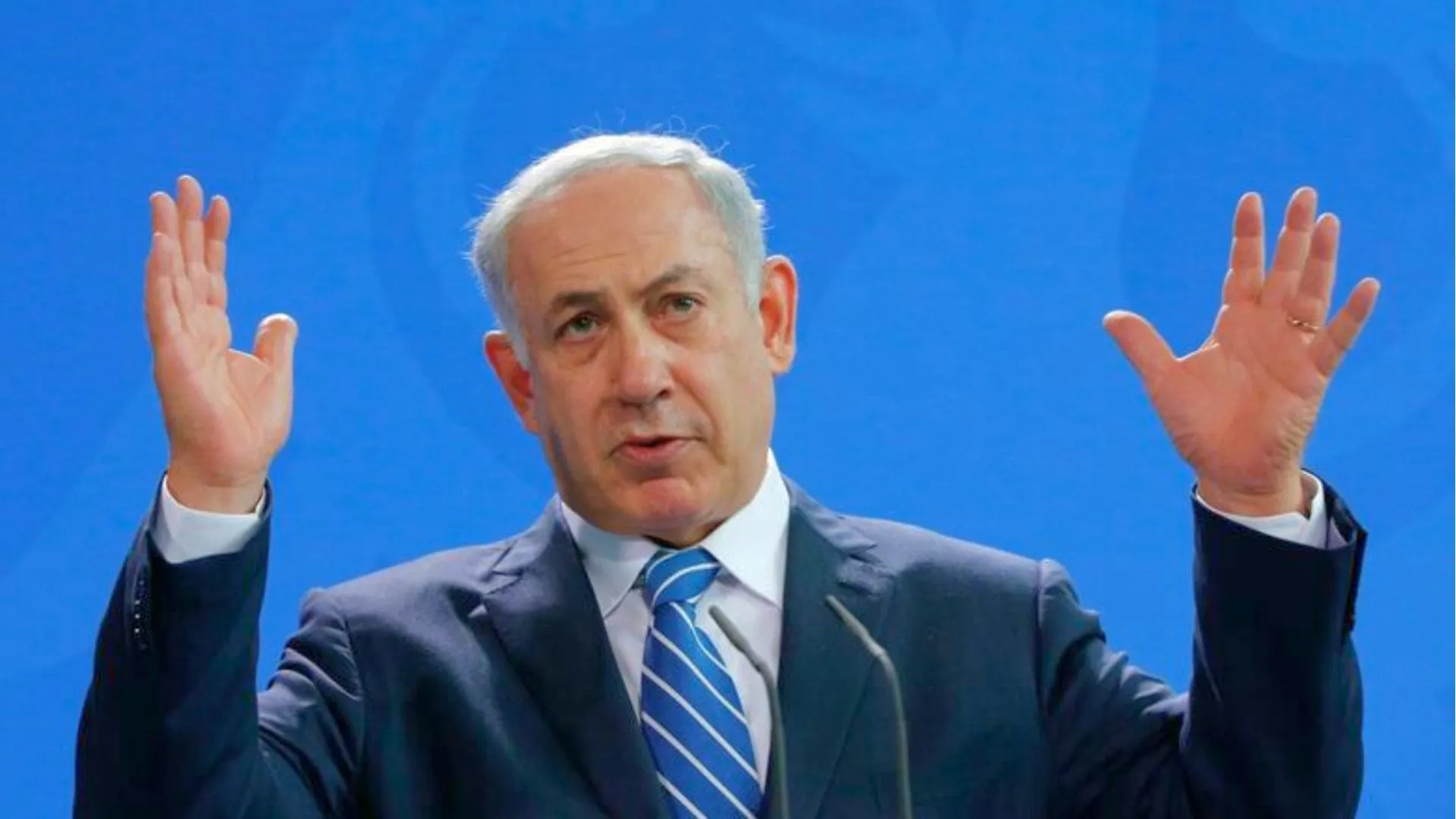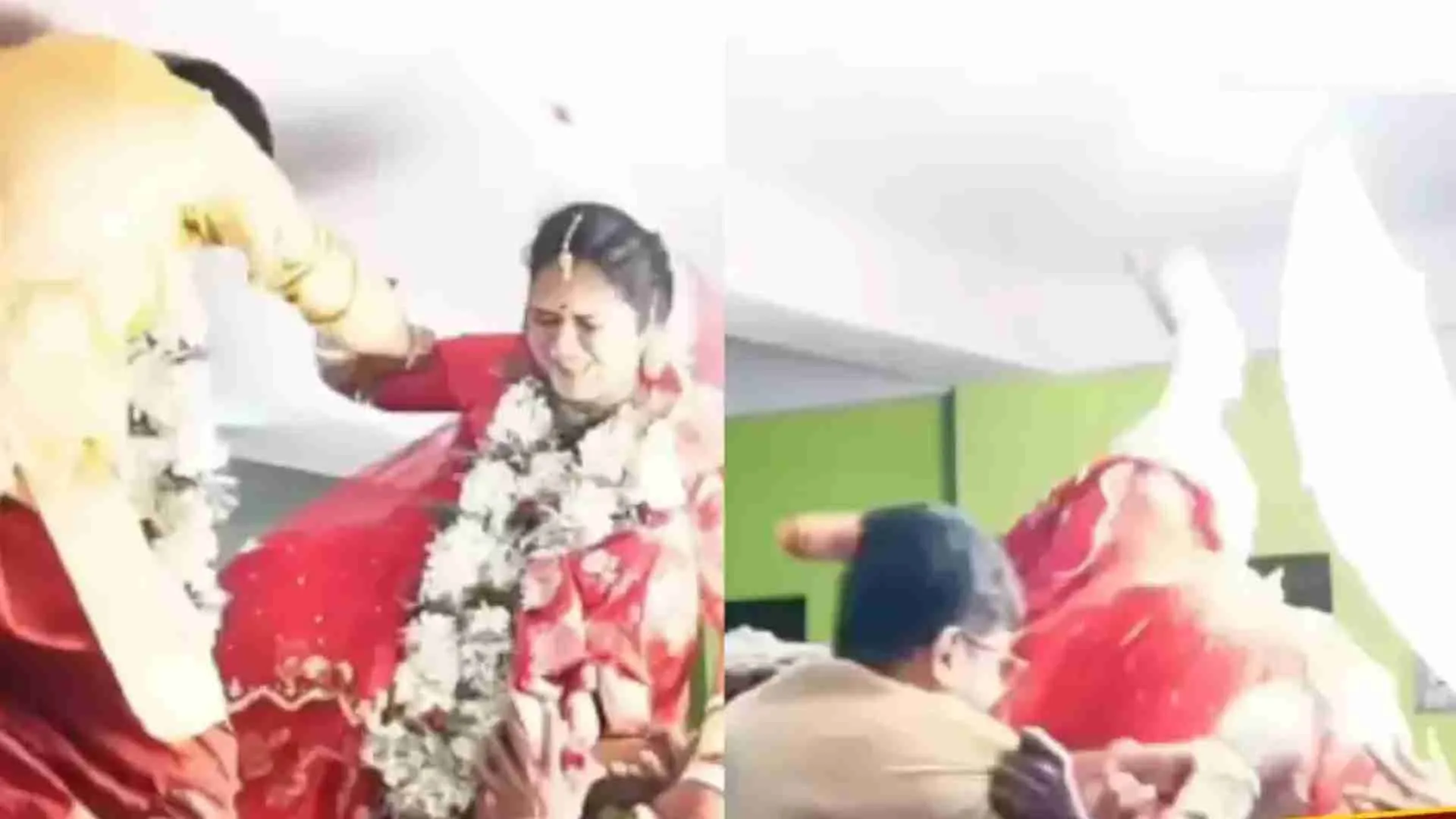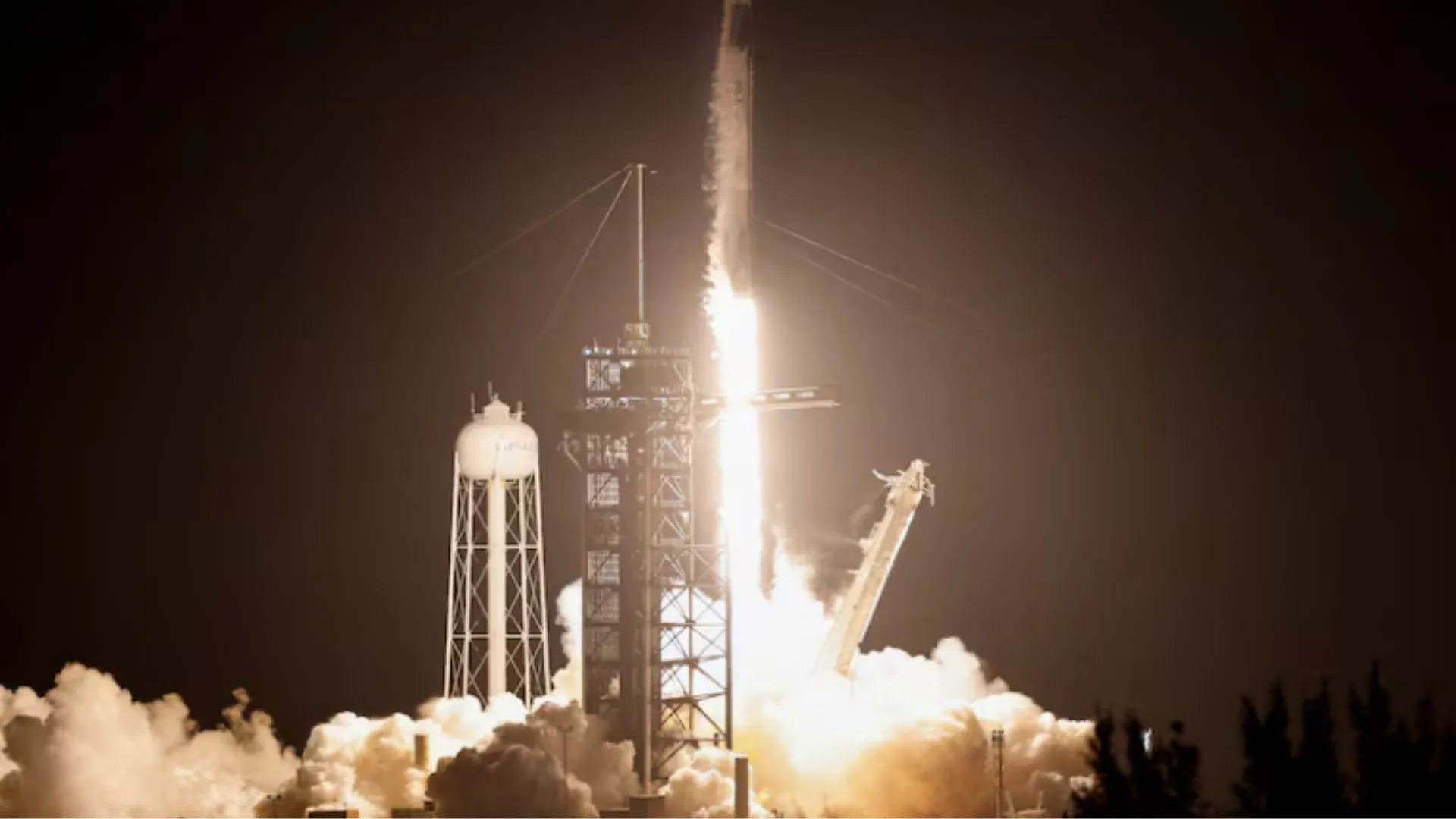External Affairs Minister S. Jaishankar strongly disagreed with the claim that democracy is failing worldwide. Speaking at the 2025 Munich Security Conference, he highlighted India’s strong democratic system and its success in engaging millions of voters.
India’s Democracy Remains Strong
Jaishankar participated in a panel discussion titled “Live to Vote Another Day: Fortifying Democratic Resilience.” He shared the stage with Norway’s Prime Minister Jonas Gahr Støre, U.S. Senator Elissa Slotkin, and Warsaw Mayor Rafał Trzaskowski.
When asked about his views on Western democracy, he took an optimistic stance. Holding up his ink-marked index finger, he said, “This is the mark of a person who has just voted.” He explained that India had recently held elections in his home state, and the country had successfully conducted a national election last year.
India’s High Voter Turnout
Furthermore, Jaishankar stressed that India’s democracy is thriving. “Around two-thirds of eligible voters cast their ballots. Out of 900 million voters, 700 million participated in the national election,” he said. He also pointed out, “We count the votes in a single day.”
“Democracy Works in India”
Moreover, he rejected claims that democracy is struggling everywhere. “Nobody disputes election results after they are announced,” he said. He emphasized that voter participation has increased by 20% over the decades, proving that India’s democratic engagement continues to grow.
Countering U.S. Senator’s Comment
In response to U.S. Senator Elissa Slotkin’s remark that “democracy doesn’t put food on the table,” Jaishankar firmly disagreed. He argued, “Actually, in my part of the world, it does.” He explained that India’s democratic governance ensures food and nutrition support for 800 million people. “For them, it is about staying healthy and having enough to eat,” he added.
Addressing Global Democratic Differences
At the same time, he urged global leaders to acknowledge regional differences in democracy. “Do not assume this is a universal crisis. It is not,” he said.
However, Jaishankar admitted that some regions face democratic struggles. He attributed this to globalization’s flawed economic model over the last 25-30 years. “We must have honest conversations about why democracy struggles in certain places,” he said.
India’s Model Inspires the Global South
Additionally, in a post on X, Jaishankar stated that he challenged “political pessimism” at MSC 2025. He also raised concerns about “foreign interference.” He reminded the audience that India adopted democracy because of its deeply pluralistic and consultative society.
He further noted that the West once treated democracy as an exclusive Western characteristic. But today, many Global South nations relate more to India’s democratic journey than Western models.
Recognizing Different Democratic Models
Finally, Jaishankar reaffirmed India’s commitment to democracy. He urged the West to acknowledge that democracy succeeds in different forms. “If the West wants democracy to thrive, it must recognize its success outside its own region,” he said.
About the Munich Security Conference
The 61st Munich Security Conference runs from February 14 to 16 in Germany. It serves as a key platform for global discussions on foreign policy and security challenges.

